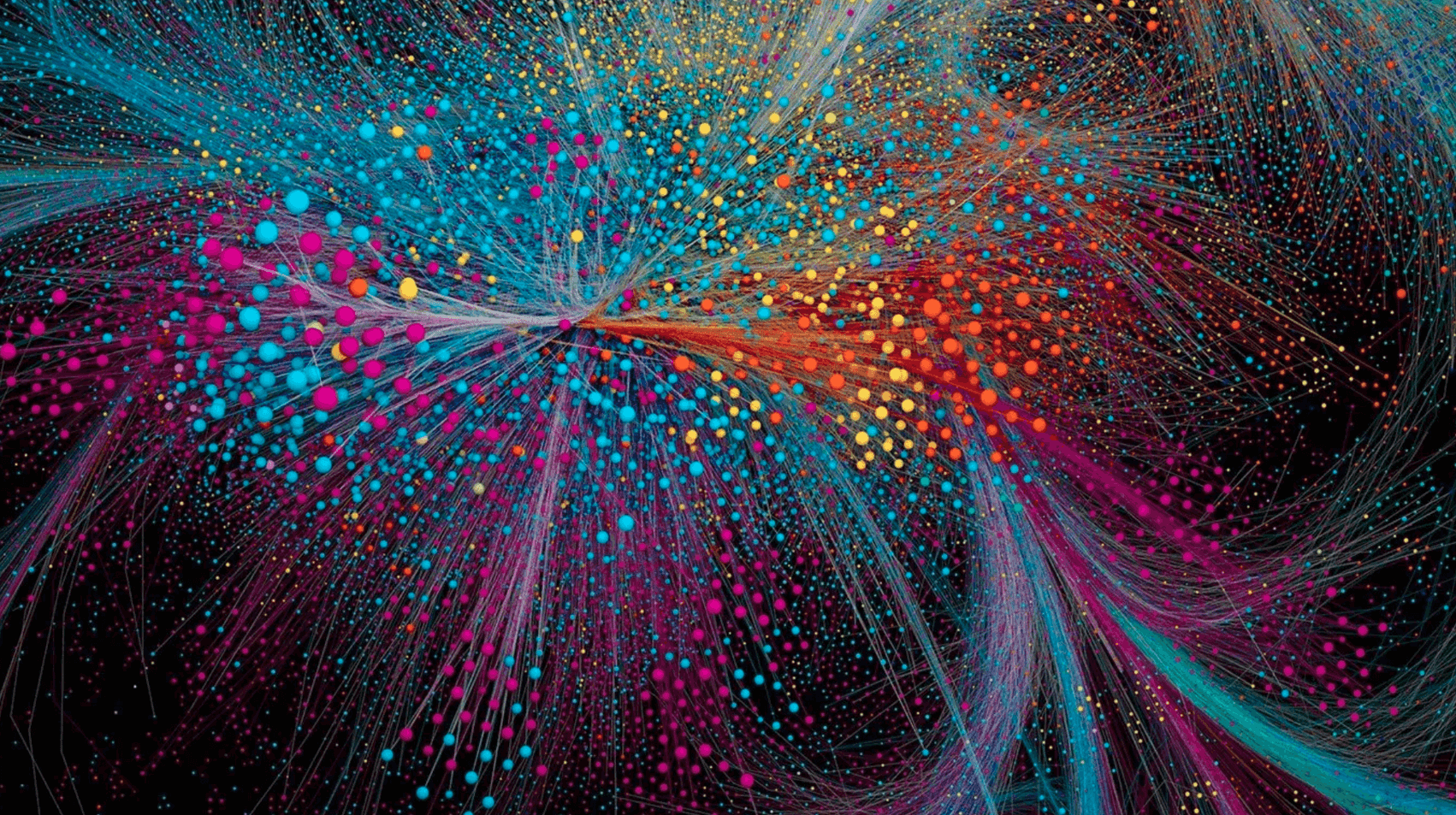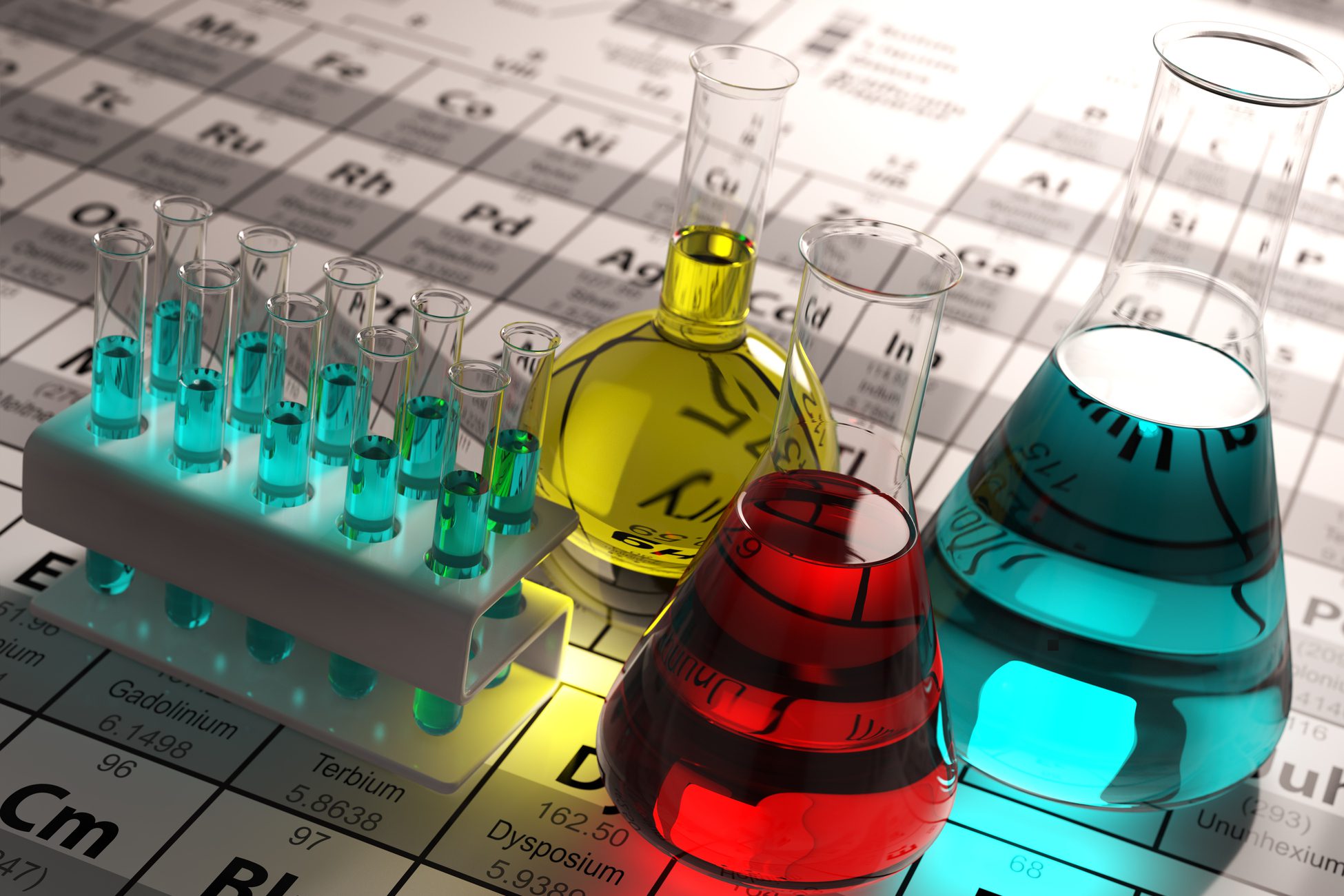description:
Science and technology are, without a doubt, two forces that will change the way you live your life in the coming months, years, and decades. Nanotechnology, quantum computing, genetic engineering; these and other fascinating fields have the power to revolutionize almost every aspect of existence, including how you eat and drink, how you communicate, how you travel, how you learn—even how long you live.
episodes:
01. Changing the Game
Before you can understand the science of tomorrow, you need to understand how science works. Here, explore the process of scientific discovery (rooted in the scientific method), how information is tested and shared, the intricate relationship between science and technology, how we know when science is right (or wrong), and more.
02. Magnetism—The Science of Attractions
Professor Grossman helps you make sense of magnetism, explains its importance to your world, and offers exciting examples of the promises of new technologies. These include everything from cell phones that could run for two years on a single charge to mag-lev trains that could take you from Los Angeles to New York in under 10 minutes.
03. Transportation—The Science of How We Move
What will the future of transportation, on land and in the air, look like? What role will hybrid-electric, plug-hybrid, and all-electric cars play? How can we build airplanes that travel faster and carry larger loads? And what about jetpacks—are they really possible or just a novelty of science fiction? Find the answers to these and other questions here.
04. Computers—Trillions of Bits per Second
Computers have undoubtedly revolutionized life—and will continue to do so for years to come. First, survey the fast-paced history of computers. Then, focus on possible limits to computing power. Finally, investigate possible technologies such as optical computing, quantum computing, and computing devices so small they can be woven into your clothes.
05. Artificial Intelligence—Thinking Machines
You don’t see much artificial intelligence (AI) in your life. Or do you? Find out what the future will look like by exploring key questions. Where did the idea for AI come from, and how does it work? What are some challenges hindering its widespread development? Where can you find it at work in tasks such as driving and cleaning?
06. Robotics—Living with Machines06. Robotics—Living with Machines
Robots are more than just Hollywood fantasy—they may soon become a reality of everyday life. In this lecture, learn the radically different approaches taken by today’s robots to achieve specific tasks or functions; meet robots such as Elektro and ASIMO; and explore robots—both large and small—in the home, at war, and in performing surgery.
07. Microscopes—The Power of Seeing It All
Make sense of how microscopes have dramatically expanded our ability to see into smaller and smaller worlds. You’ll discover how microscopes evolved since the days of Galileo, learn why it is now possible to see individual atoms through superpowered microscopes, and travel to the frontier of tomorrow, with its “atom smashers”, 3-D imaging, and more.
08. Nanotechnology—The New Science of Small
In the first of two lectures on this revolutionary subject, explore the “what” of nanotechnology—the purposeful engineering of matter at scales of less than 100 nanometers. Among the topics you’ll learn about: what nanotechnology is, how it works, and how nanoscience has appeared in nature all along.
09. Nanotechnology—Changing Everything
Turn now to some concrete applications of nanotechnology in today’s world. Professor Grossman covers four areas: new materials (such as powerful new adhesives); energy (including the development of cheaper solar cells); health (through highly sensitive disease detectors and drug delivery systems); and the environment (in nanoparticles that can detoxify common contaminants).
10. Genetic Engineering—Life's Building Blocks
We now have the potential for a revolution in biology and medicine based on our newfound ability to engineer life by accessing, modifying, and altering pieces of the inner “source code” of life itself: DNA. This lecture demystifies genetic engineering and reveals some of the many promises it holds.
11. Knowledge as a Product of the Active Mind
William Whewell invented the term “scientist” and tried to demonstrate that creative activity by the mind is a fundamental factor in scientific reasoning, and that the history of science is crucial in understanding this process.
12. The Brain—Your Body's Supercomputer
Study the brain as an intricate network of “wires” responsible for every facet of your life. First, explore the structure and function of this impressive organ. Then, discover how science has helped us know what we know about how the brain works. Finally, ponder what we still have yet to uncover.
13. Cancer and Aging—Can They Be Defeated?
When and how will we finally cure cancer? How far can we lengthen the span of our lives? These two piercing questions are at the heart of this lecture on the life and death of cells; how we understand what’s going on in them, and how we can possibly better control them.
14. Powerful Viruses—Future Friend or Foe?
What is a virus, and how is it different from a bacterium? How are vaccines made, and is it possible to make a universal vaccine to protect us against all viruses? What knowledge and tools will be using to fight viruses in the near future? And how can viruses be essential to life on Earth?
15. Food or Famine—Science Holds the Key
Science and technology have radically changed how—and what—we eat. Here, examine why food is so important to our life; new advancements in how food is packaged and preserved; and the benefits and risks of genetically modifying food. Finally, close by taking a peek at what a meal from the future may very well look like.
16. Water—The Currency of the Next Century
Because of its growing scarcity around the world, water is primed to be the currency of the next century. Professor Grossman shows you how existing and upcoming technologies—including nanomaterials—can help alleviate the problems of water scarcity and contamination, and can offer new approaches to desalinate seawater.
17. Biofuels—The Fuel of the Future?
Investigate one of the hottest topics in the landscape of renewable energy: biofuels. Here, you’ll learn what sets them apart from fossil fuels, how they’re made from substances such as corn and algae, and some of the obstacles and drawbacks that still remain toward their mass use, such as high costs and low efficiency.
18. Solar Cells—Electricity from the Sun
Continue looking at alternative energy sources with this lecture on solar cells, also known as solar photovoltaics. Why is the most abundant renewable resource in the universe the least used? What can be done about it? Gain a newfound appreciation for our sun and the ways it can power our lives in the coming decades.
19. Batteries—Storing Energy Chemically
Unlike other energy sources currently in use, batteries offer a direct release of stored energy as electricity. Explore how far we can push current battery technology and vastly improve our ability to store energy in this manner. Also, take a peek at possible batteries of tomorrow, including lithium-air batteries and transparent batteries.
20. The Hydrogen Economy—Fact or Fiction?
Imagine a planet that runs on hydrogen, an element that is enormously abundant and completely clean. How would it work, and what would we use it for? Would a hydrogen-powered car be dangerous? What will a future global hydrogen economy look like? What technological advancements are still needed to make this idea a reality?
21. Nuclear Energy—Harnessing Star Power
Focus on the promising—yet controversial—topic of nuclear energy. Learn what makes it different from other forms of energy; how it’s produced; the hot-button issues of safety and nuclear waste; and why nuclear fusion may just offer the best direction for nuclear science to take in the future.
22. Prediction—From Storms to Stocks
It’s tough to make predictions. But thanks to recent advancements, we’re coming closer than ever before to mastering the science of forecasting. In this lecture, Professor Grossman discusses the latest developments in our ability to better understand and master volatile systems, including the weather, earthquakes, and the stock market.
23. Communication—Transcending Time and Space
Survey the driving forces behind the evolution of communication throughout history, from the development of language to the Internet. Then, take a closer look at future directions for how we communicate, including tools that allow us to speak different languages with ease and the seamless integration of machines and our minds.
24. Science in the Future
Examine scientific ideas that, however thrilling, still remain distant possibilities, such as time travel. Then, Professor Grossman ends the course with a passionate discussion about the challenges of his profession and the continued hope of science and technology to solve today’s most pressing challenges.










